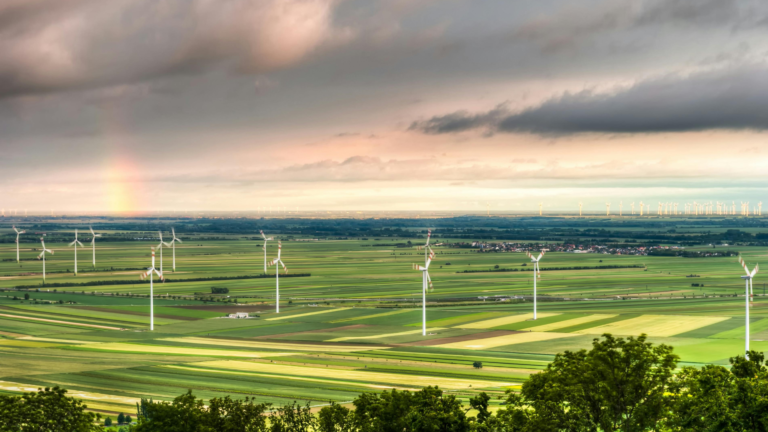From Turbines to Transmission: Integrating Wind into India’s Future Grid
By Consolidated Energy Consultants Limited (CECL) India’s energy transition entered a defining moment in January 2026 with a series of central and state actions designed to embed variable renewable energy, particularly wind, deeper into grid operations and long-term capacity planning. These initiatives reflect a clear evolution: from simply adding capacity to fundamentally re-engineering how the grid thinks about dispatchability, frequency management, and multi-modal evacuation. Key Central Initiatives: Making Wind and Solar Grid-Responsive At the heart…


